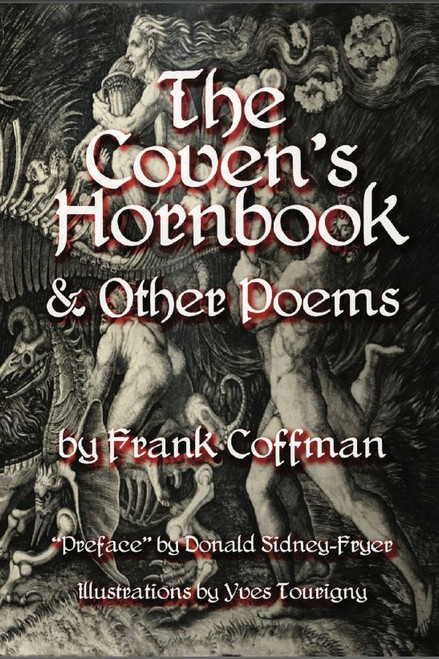The reader will immediately note that Coffman is a traditional, formalist poet writing almost exclusively metered and rhymed verse. With the resurgence of both speculative and narrative poetry, this is not as unusual as some may think. The pendulum swing back to more formal poetry and away from the dominance of vers libre has been under way for some time. In fact, the poetics of tradition were never pushed completely aside with the advent of free verse. Also, the early poets of the speculative in the pulps were primarily traditional versifiers, and those inspirations have influenced many moderns.
He is, as he says, "primarily a sonneteer," being a great exponent of that most ubiquitous form of poetry in the Western world, the "little square of ink upon the page," the "perfect poetic paragraph." But the poems in this volume range far beyond the sonnet—although there are many sonnets contained herein, some in surprising "hybrid" forms and experimental modes. Ballads and other longer narratives are mixed in.
Coffman's other poetic love, beyond the charms of the "fourteener," is to revive and experiment with Medieval, Renaissance, and cross-cultural modes of verse. There are forms here from Welsh, Irish, French, Italian, Spanish, Catalan, Romanian, Greek, Russian, Persian, Old Norse, Anglo-Saxon, Japanese, Korean, Malaysian, and Vietnamese cultures.
In fact, so much "hybridization" and experimentation with form has been done, that the poet provides a "Glossary"after the poems to help clarify the many poetic types used. An index of poems by title and page number has also been included for easy reference. The tome offers a cornucopia of both speculative and traditional verse.







